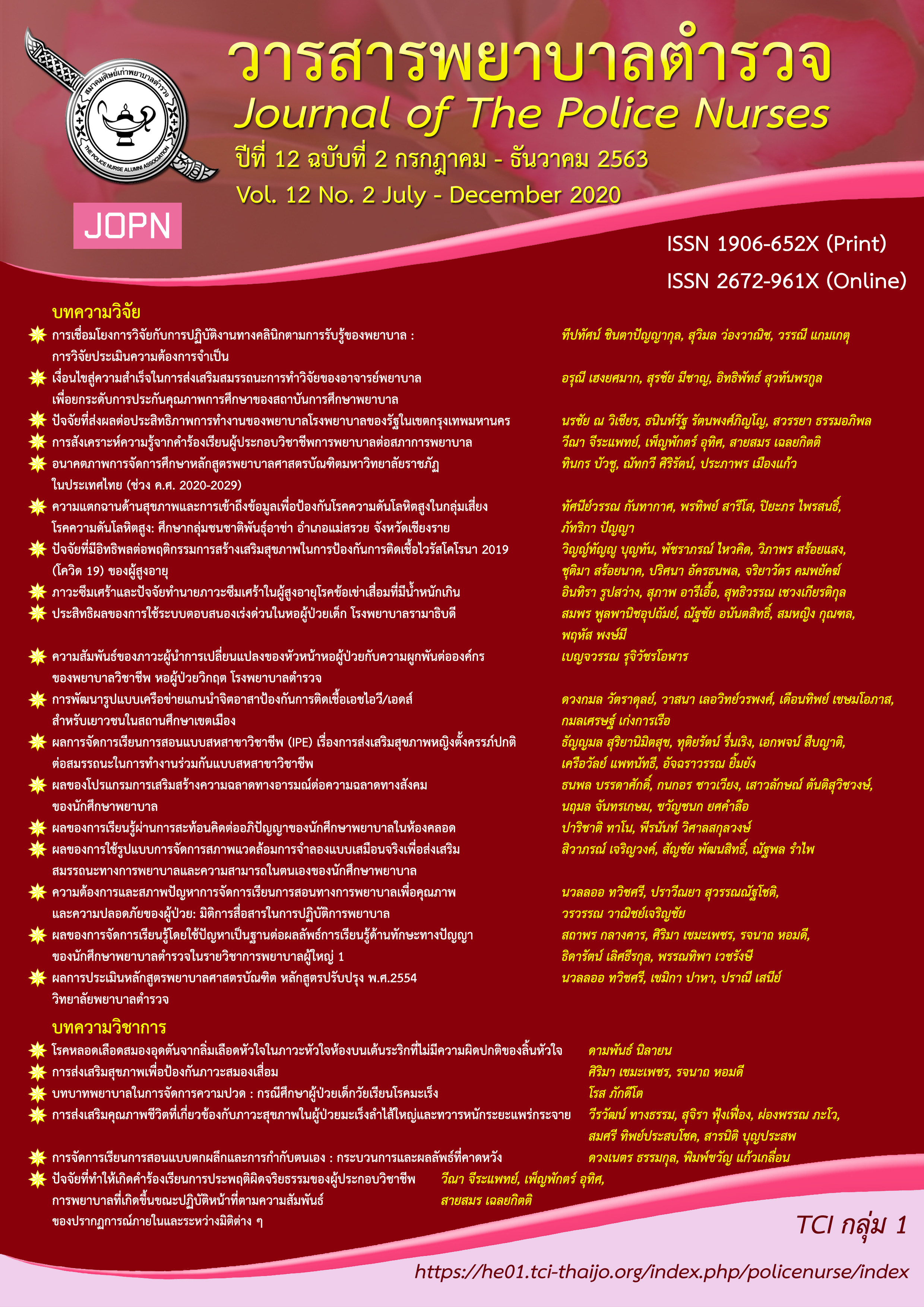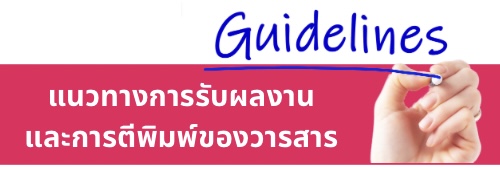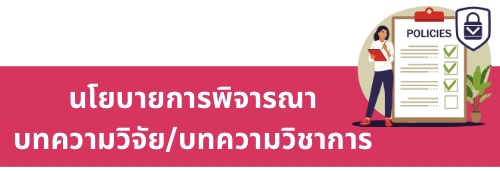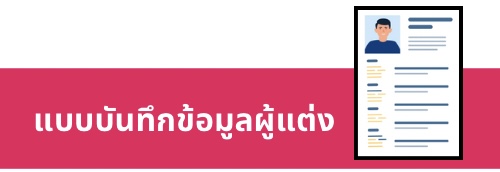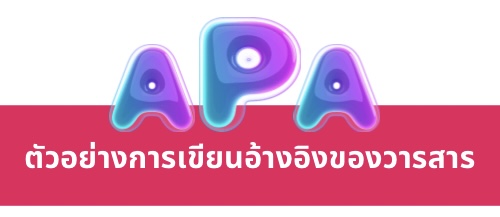ผลของโปรแกรมการเสริมสร้างความฉลาดทางอารมณ์ต่อความฉลาดทางสังคมของนักศึกษาพยาบาล
คำสำคัญ:
โปรแกรมการเสริมสร้างความฉลาดทางอารมณ์, ความฉลาดทางสังคม, นักศึกษาพยาบาลบทคัดย่อ
ความฉลาดทางสังคมเป็นปัจจัยสำคัญที่ช่วยให้นักศึกษามีทักษะทางสังคมที่ดี สามารถปรับตัวและทำงานร่วมกับผู้อื่นได้อย่างมีประสิทธิภาพ การวิจัยกึ่งทดลองนี้มีวัตถุประสงค์เพื่อศึกษาผลของโปรแกรมการเสริมสร้างความฉลาดทางอารมณ์ต่อความฉลาดทางสังคมของนักศึกษาพยาบาล ตัวอย่างเป็นนักศึกษาชั้นปีที่ 1 วิทยาลัยพยาบาลบรมราชชนนี พระพุทธบาท ที่มีคุณสมบัติตามเกณฑ์จำนวน 52 คน สุ่มตัวอย่างเข้ากลุ่มทดลองและกลุ่มควบคุม กลุ่มละ 26 คน กลุ่มทดลองได้รับโปรแกรมการเสริมสร้างความฉลาดทางอารมณ์ จำนวน 8 ครั้ง สัปดาห์ละ 2 ครั้ง ครั้งละ 60-90 นาที ส่วนกลุ่มควบคุมได้รับการดูแลตามปกติจากวิทยาลัยพยาบาลฯ เก็บรวบรวมข้อมูลโดยใช้แบบประเมินความฉลาดทางสังคมซึ่งมีค่าความเชื่อมั่น .86 วิเคราะห์ข้อมูลโดยใช้สถิติเชิงพรรณนา การทดสอบที การวิเคราะห์การแปรปรวนแบบวัดซ้ำ และการทดสอบความแตกต่างรายคู่ด้วยวิธีบอนเฟอร์โรนี
ผลการวิจัยพบว่า 1) กลุ่มทดลองที่ได้รับโปรแกรมการเสริมสร้างความฉลาดทางอารมณ์มีคะแนนเฉลี่ยความฉลาดทางสังคมสูงกว่ากลุ่มควบคุม อย่างมีนัยสำคัญทางสถิติ (p=.000) ทั้งในระยะหลังการทดลองเสร็จสิ้นทันที และระยะติดตามผล 1 เดือน และ 2) กลุ่มทดลองมีคะแนนเฉลี่ยความฉลาดทางสังคมในระยะหลังการทดลองเสร็จสิ้นทันที และระยะติดตามผล 1 เดือน สูงกว่าระยะก่อนการทดลอง อย่างมีนัยสำคัญทางสถิติ (p=.000)
Downloads
เอกสารอ้างอิง
Abou Hashish, E. A., & Bajbeir, E. F. (2018). Emotional intelligence among Saudi nursing students and its relationship to their critical thinking disposition at college of Nursing-Jeddah, Saudi Arabia. American Journal of Nursing Research, 6(6), 350-358.
Albrecht, K. (2006). Social intelligence: The new science of success. San Francisco, CA: Jossey-Bass A Wiley Imprint.
Babu, S., & Islamia, J. (2007). Social intelligence and aggression among senior secondary school students: A comparative sketch. New Delhi: Adventure Works Press.
Bar-On, R. (2005). The Bar-On model of emotional-social intelligence (ESI). Psicothema, 18, 13-25.
Baron, R. A., Branscombe, N. R., & Byrne, D. E. (2008). Social psychology (12th ed.). United States: Pearson.
Bussahong, S., Nabkasorn, C., & Dallas, J. C. (2019). Factors related to social intelligence of nursing students. UMT-Poly Journal, 16(1), 26-38.
Cohen, J. (1988). Statistical power analysis for the behavior science (2nd ed.). Hillsdale NJ: Lawrence Erlbaum.
Department of Mental Health. (2007). EQ: Emotional quotient (4th ed.). Nonthaburi: Division of Mental Health Development.
Goleman, D. (2006). Social intelligence. London: The Random House Group Limited.
Kaur, G., & Singh, A. (2013). Relationship among emotional intelligence, social intelligence, spiritual intelligence and life satisfaction of teacher trainees. International Journal of Teacher Educational Research, 2(7), 1-9.
Medlan, L., Japil, A. R., Aftar, N. F. A., Bullare, M. I., & Zhi, A.C.H. (2020). Are they emotionally-socially intelligence? examining emotionally-socially intelligence among adolescents residing in a children’s home in the state of Sabah, Malaysia. Southeast Asia Psychology Journal, 10, 124-148.
Moopayak, K., Udomphanthurak, J., Kanyapattanaporn, C., Sangchan, C., & Kaesornsamut, P. (2015). Correlation between emotional intelligence and adaptive behaviors of nursing students. Journal of Nursing Science, 33(Supplement 1), 55-65.
Phawo, P. (2019). Predictive factors of social quotient among nursing students. Journal of Health Research and Innovation, 2(1), 208-218.
Sripho, S., Vatanasin, D., & Nabkasorn, C. (2019). The effect of emotional quotient enhancement program on mental health among nursing students. Journal of Phrapokklao College, 30(2), 76-87.
Suwitthayarat, K. (2014). The study and development of social intelligence for higher education students in South of Thailand. Suthiparithat, 28(86), 126-151.
Vatanasin, D., & Chupan, S. (2019). Predicting factors of social intelligence among nursing students. Journal of Nursing and Education, 12(1), 72-87.
ดาวน์โหลด
เผยแพร่แล้ว
รูปแบบการอ้างอิง
ฉบับ
ประเภทบทความ
สัญญาอนุญาต
ผลงานที่ได้ตีพิมพ์แล้วจะเป็นลิขสิทธิ์ของวารสารพยาบาลตำรวจ

